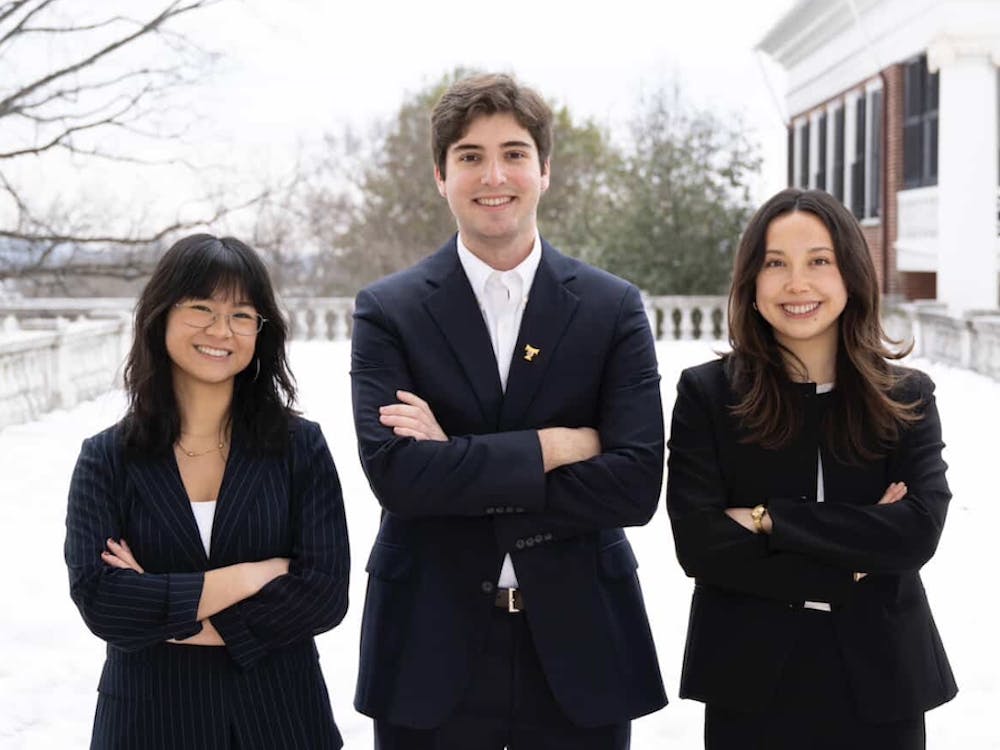A student entering the University is encouraged by an adviser to take both chemistry and calculus during his first semester. His first semester GPA? 1.7.
Such a horror story is what the Office of African-American Affairs seeks to avoid. OAAA Dean M. Rick Turner said proper advising of black students by the University would encourage under-prepared students from taking too hard of a schedule in their first year.
Proper advising of black students was one of the main topics of Turner's speech last night in Minor Auditorium. The speech, titled "The State of African-American Affairs," explored how challenges and issues facing black students have changed over the past 25 years.
The office helps black students at the University obtain advising through its peer adviser program. Before the program existed, the black retention rate between first and second year at the University was low. Today, the retention rate is between 94 and 97 percent.
Turner said similar improvement is seen in the graduation rate of black students. In 1976, only 66 percent of black students graduated. Now, 83 to 86 percent graduate, which is well above the rates of most of the University's peer institutions.
But, the University still has room to grow, he said. Not enough attention is given to black graduate and professional students.
"A study found graduate and professional black students were satisfied academically but not socially," he added.
Turner said another problem the University faces is a recent decrease in the number of black applicants to the University.
He cited Board of Visitors member Terence P. Ross's statement in the fall of 1999 that appeared in a Daily Progress article as a factor in a 25 percent decrease in black applications. Ross said the University is "clearly in some cases reaching a little bit down our academic standards to recruit black students."
Turner said that in 1998, 312 black students were in the first-year class. Now, there are only 270 blacks in the first-year class. He said he felt this drop signified a clear problem.
"If you decline admission of African-American students, then less will want to come here," he said. "People want to see others that look like them."
Not only is it important to see other black students, but more black faculty and staff is needed, he added.
"A viable integration policy must have the goal of full integration of faculty and staff," Turner said.
He said the problem is the University has "not had a competent, committed person out there recruiting African-American faculty members."
He pointed out the Commerce School and biology department as problem areas because they now have no black faculty.
But some University leadership has been encouraging diversity within the University.
Patricia Lampkin, interim vice-president for student affairs, said diversity has been a goal of University President John T. Casteen III during his presidency and as Virginia's secretary of education. Turner said new leaders like Provost Gene Block and College Dean Edward L. Ayers have been "amenable to increasing recruitment of black graduate students."
Turner himself also has played a role in helping black students, OAAA Associate Dean Sylvia Terry said. Turner has served as OAAA director for the past 13 years and is responsible for the establishment of a faculty-student mentoring program.






